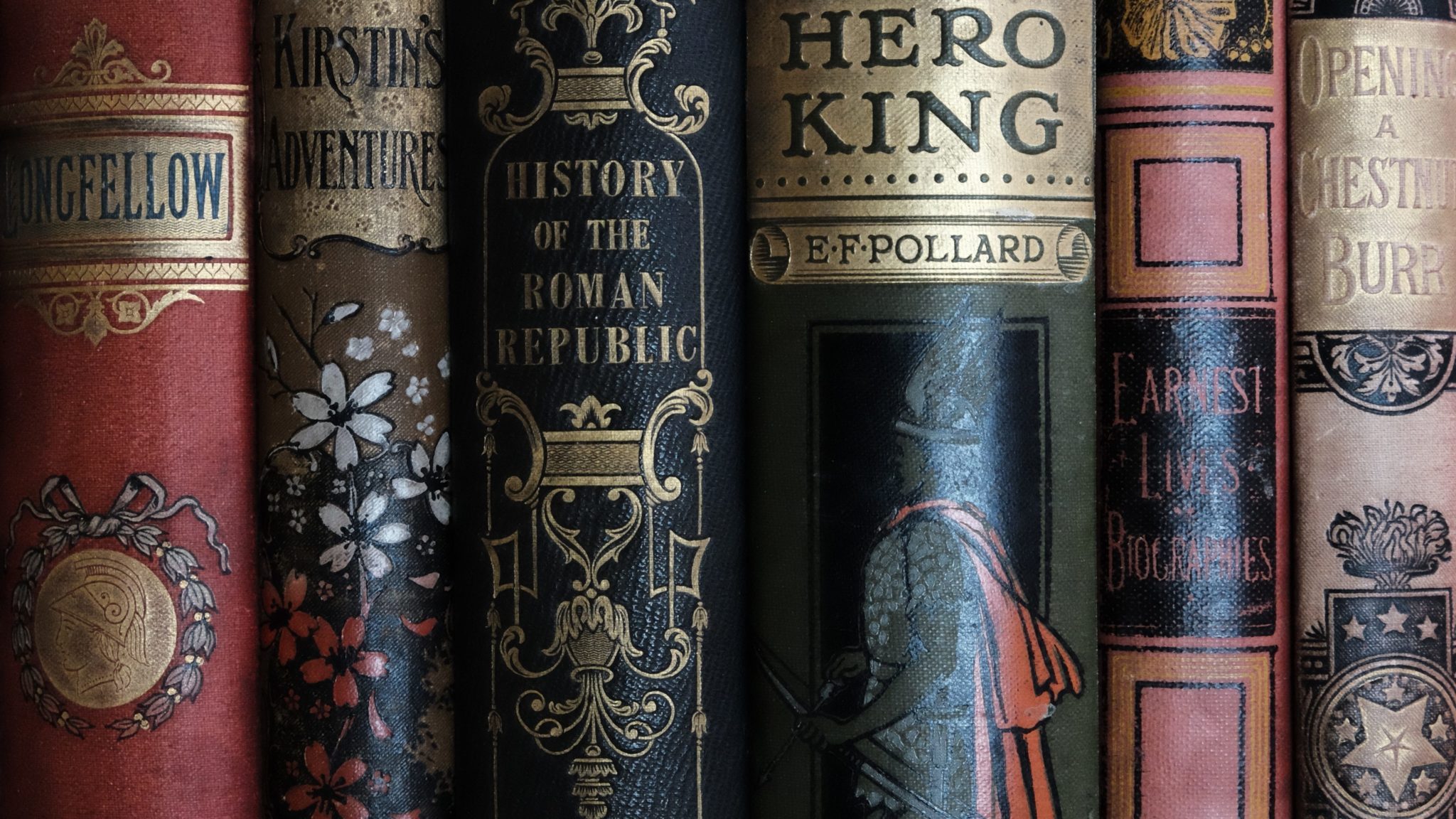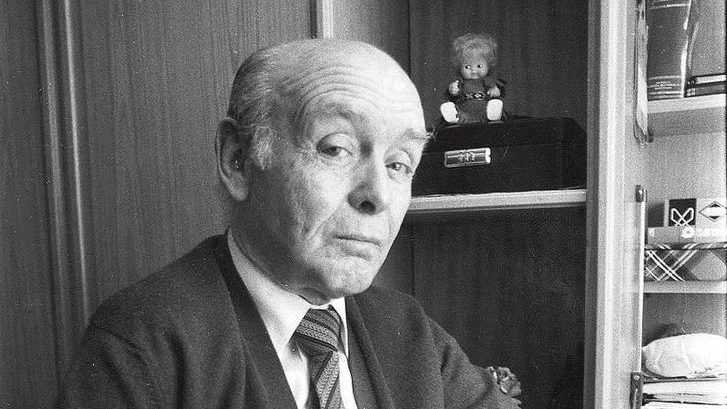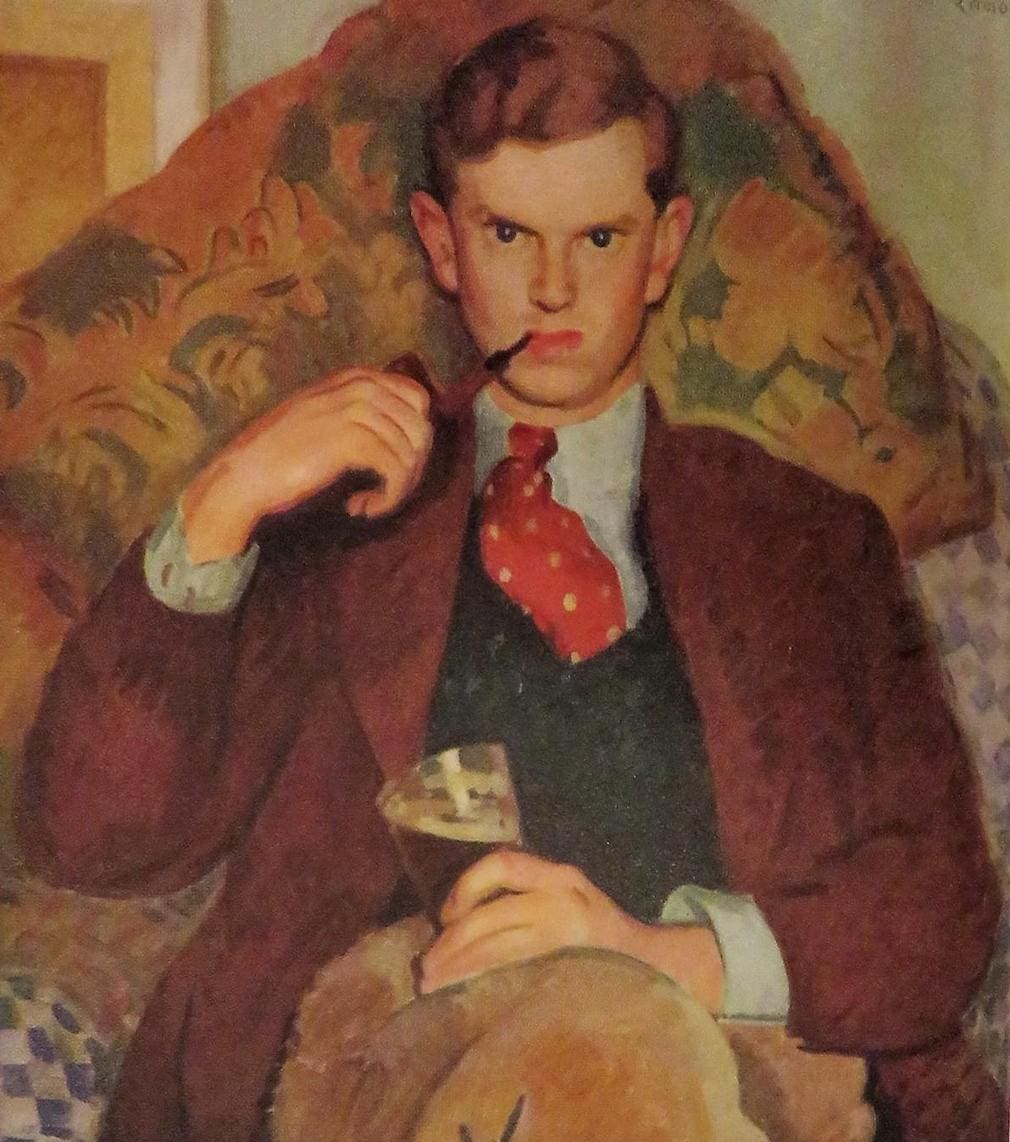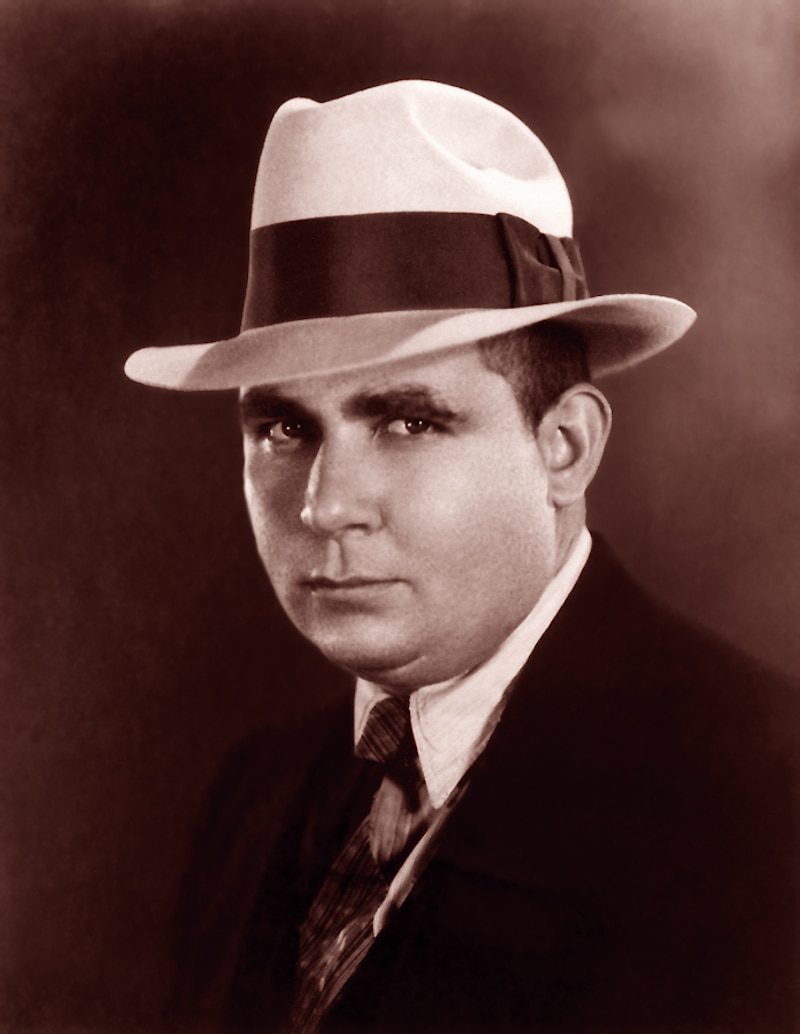
Epstein, Marías, and the Function of Fiction
I understand that by reading late in the night, I am transformed into what I am reading.

I understand that by reading late in the night, I am transformed into what I am reading.

History is a story that is at once true and false, a story in which truth sometimes requires us to record a falsehood, if only so we do not forget that a falsehood was once told.

Orhan Pamuk is a masterful writer. His books all open in such a way that you know they are going to be hard to put down.

For today’s conservatives enduring the assaults of the constant neo-Jacobin revolution of today, the adventures of Manfred Arcane are seductively reactionary.

The novel treats Britain’s past with the utmost respect it deserves; the regency world is presented to the reader in all its glory. Susanna Clarke does not betray its spirit by infusing it with modern culture, unlike so many other representations of the period.

Reading Sigrid Undset’s trilogy challenges readers to confront their own moral vacillations and need for constancy.

As a work of serial military fabulism, Ezquerra’s book is an interesting cultural artifact. I laughed more than once at the author’s sheer gall, but Ezquerra himself is an unpleasant figure. A literary liar is bad enough; a Nazi literary liar seems even more obscene.

The novel illustrates St. Catherine of Siena’s famous quote, “The path to Heaven is Heaven.” St. Catherine did not say whether the path felt like Heaven at the time, but she was certain that it was, in all essentials, Heaven. In other words, Heaven bleeds backwards into our lives, until every moment is colored with its otherworldly hues. That is the feat Vodolazkin accomplishes in this novel.

Nobody could escape the merciless nature of Waugh’s satirical wit, but he was more than a mere humourist. Alongside his gift for comedy, he also possessed an awareness of a fateful void in the modern world.

Howard, the writers who influenced him, and many of those that came after in the same heroic vein seem more outside the pale of literary respectability than they would have been a century ago. It is not just the artificial divide between Literature with a capital L and popular genre fiction, or the modern disdain for the writers of the past. The even greater divide is between unironically portraying heroism in the West and despising it and deconstructing it in order to bring about its demise.
To submit a pitch for consideration:
submissions@
For subscription inquiries:
subscriptions@